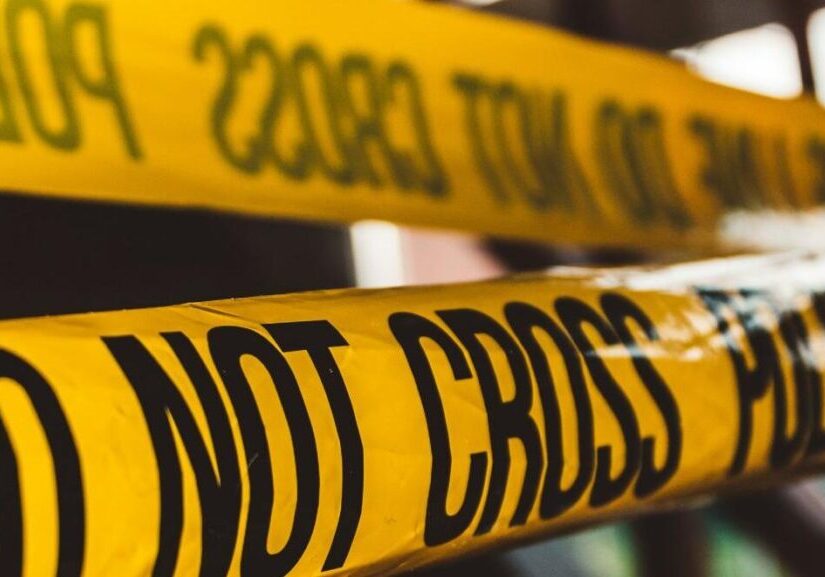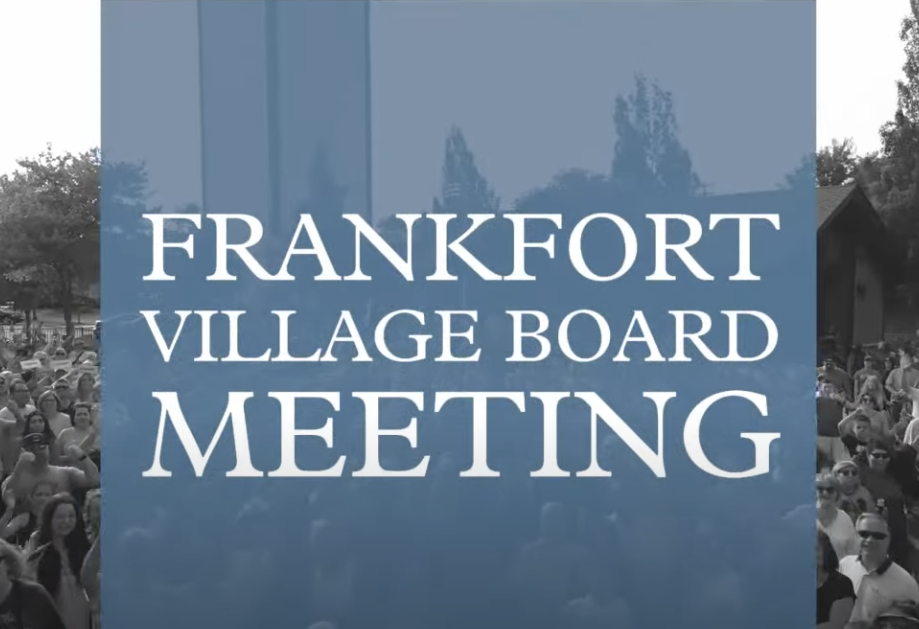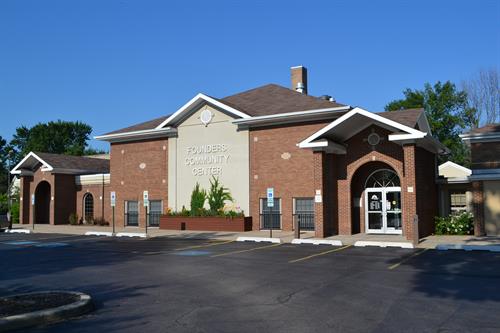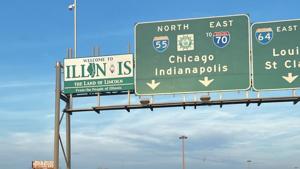
Champaign stabbing raises concerns over Illinois mental-health law
(The Center Square) – A state lawmaker who also serves as a police officer says the recent stabbing of non-police first responders in Champaign underscores his criticism of a new state law.
The Illinois Community Emergency Services and Support Act, signed by Gov. J.B. Pritzker in 2021, limits police presence unless violence or criminal activity is anticipated. The law’s full implementation has faced repeated delays, with the deadline now pushed back to June 30, 2027, as the state conducts pilot tests in select 911 centers.
State Rep. Dennis Tipsword, R-Metamore, voiced skepticism about the law’s safety implications for first responders.
“So the idea is that if someone calls a 911 center and they’re having some sort of mental episode, a dispatcher would be trained to figure that out during the call. Instead of sending law enforcement, they would send a counselor or transfer the call to counselors who would then respond,” Tipsword told The Center Square. “My worry is that you can’t judge what’s going on on the other end of that phone from a distance.”
According to a City of Champaign news release, 23-year old suspect Trevor Lewis was arrested on multiple charges, including attempted murder, after stabbing emergency personnel before police arrived, an incident Tipsword says highlights the dangers of sending non-law enforcement responders into volatile situations.
“That’s when you end up with a situation like we had earlier this month over in Champaign, where we had a couple firefighters and a paramedic injured because they were responding to one of these types of calls,” Tipsword said.
He also warned of potential costs to taxpayers if more incidents occur.
“Obviously, there are work comp claims, so there’s going to be taxpayer funds spent on workman’s compensation claims because they got hurt while they were working,” Tipsword said.
Tipsword said Illinois’ new limits on police involvement in mental-health crisis calls are being rolled out without the infrastructure to keep first responders safe.
“The rollout of this has been so difficult because when you get outside of the bigger cities and the bigger areas, the infrastructure’s not there,” Tipsword said. “There aren’t counselors on call 24 hours a day that can respond to these things. There are not even call centers.”
Tipsword explained under the law, 911 dispatchers need additional training to recognize when certain calls should be redirected to the 988 crisis line. If dispatchers can identify those situations, the calls could be transferred directly to 988. However, Tipsword noted there are still many moving parts and unknowns in how the system will ultimately work.
Tipsword warned the law exposes responders to unnecessary danger.
“I’m not against the idea of trying to find a solution that’s workable, but I feel like sending non-law enforcement people into these situations alone is not the answer,” Tipsword said.
For Tipsword, the issue is less about the concept and more about execution.
“Because we feel better by not sending law enforcement to that situation, that doesn’t make it okay,” he said. “Our feelings shouldn’t matter. Our feelings should be to make sure all folks, those responding and those involved in the situation, are safe and protected first and foremost.”
Latest News Stories

Government shutdown halts visa, permanent resident approvals

Frankfort Approves Plan for 43-Home First Phase of Stalled Country Crossing Subdivision

Ads roll on, money pours in, and SCORE Act waits

Primary election filing to begin Monday for Illinois Dem, GOP candidates

Meeting Summary and Briefs: Will County Board for October 16, 2025

Student Initiative Leads to Lunch Program Overhaul at Summit Hill

Frankfort Park District Awaits State Agreement on DCEO Grant Amid Public Interest

Universities respond to new federal Grad PLUS loan caps

Report shows California leads in debt among all 50 states

High superintendent pay fuels debate over Illinois school consolidation

Illinois quick hits: Chicago expressway projects ends; Spooky graveyards

Trump plans to tell Congress about new drug war, won’t seek permission


